Direct Relief’s 90 ton aid shipment heads to Lebanon early next week
SANTA BARBARA, Calif. - Urgent requests for medical supplies are coming from facilities in Beirut near the epicenter of the August 4 warehouse explosion.
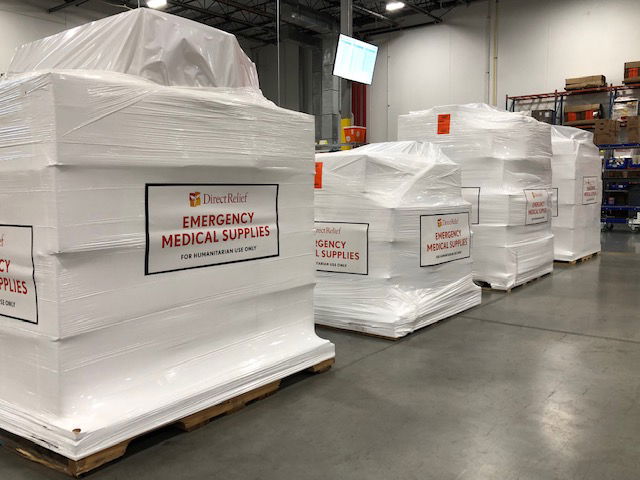
Direct Relief employees are preparing a 200 pallet shipment to go out early next week as the humanitarian non-profit coordinates an initial emergency airlift of medical essentials.
"It's a big list. A lot of stuff was blown up," said Direct Relief President and CEO Thomas Tighe. "Like in any tragedy, it's important that they know that people are pulling for them not just objectifying their suffering."
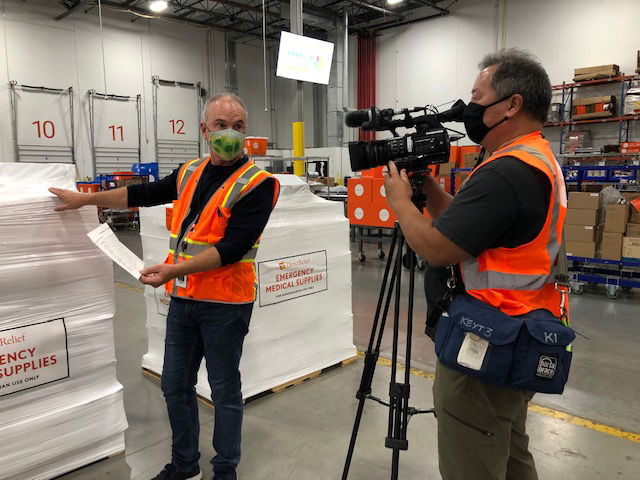
On Thursday, Tighe and his team received confirmation from FedEx CEO, Fred Smith, that the corporation would donate one of its cargo planes to deliver the aid. Trucks will haul the 80,000 pound shipment from the Santa Barbara warehouse to FedEx headquarters in Memphis, TN. From there, the aid will be flown to Lebanon.
"They wanted PPE, basic generic medications," Tighe said. "There was a story yesterday (NY Times) about cancer treatment for 100 kids interrupted. We got in touch with that doctor -- we got the therapeutic agents for that treatment so we'll bend over backwards to get that on the flight."
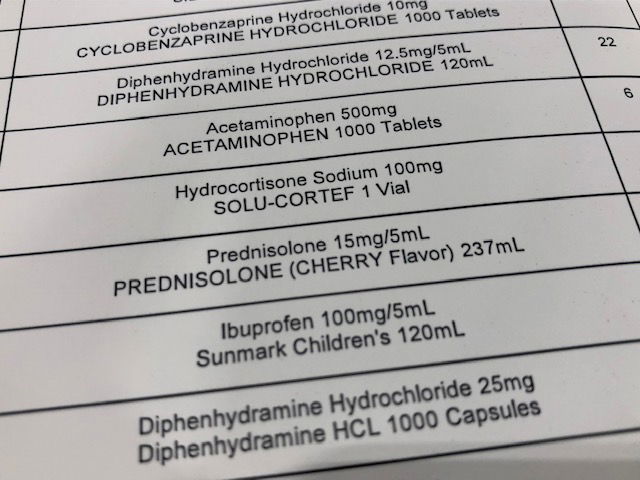
Tighe reflected on Lebanon's "tormented history" since the war with Israel in 1982.
"You've seen this unfolding tragedy so to have an acute crisis on top of acute crisis, you know those are people, they're not just party members."
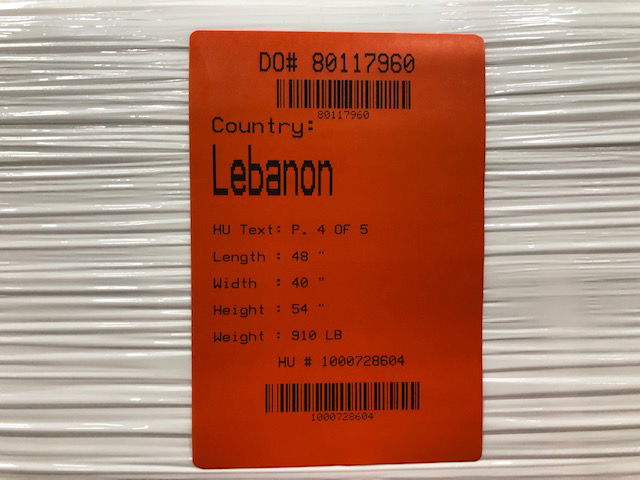
The deadly blast at the beginning of the month was triggered by a fire and more than 2,700 tons of ammonium nitrate that detonated at the capital's port. Numbers are fluctuating daily; nearly 200 people were killed and an estimated 6,000 people injured. Dozens remain missing and hundreds of thousands are without homes.
An active investigation is underway into the storage of the deadly materials that were locked away in the port warehouse six years ago. Public awareness about the handling of the once-Russian cargo triggered anti-government protests and eventually, the resignation of Lebanon's government cabinet.
Tony Morain, DR's Vice President of Communications, said the non-profit committed $500,000 dollars to the response and provided an emergency $50,000 grant to its long-time partner in Lebanon, Anera, in the days following the massive blast.
DR's website details how the Beirut explosion has devastated that country's healthcare system, which was already weakened and in crisis because of economic collapse and COVID-19.

Hospitals near the explosion site were heavily damaged or destroyed, obliterating critical medical equipment and medicines. Scores of doctors, nurses and patients were killed or injured.
Direct Relief's medical shipment amounts to roughly 1,000 separate items and is expected to arrive late next week. Tighe credits Smith, along with the American Task Force on Lebanon (ATFL) for helping expedite the delivery.
"They don't have to do any of this. This is all people just jumping in. So, that's what we get to see at Direct Relief. You go home and see all the finger-pointing, come to work and see people whose only objective is to help. Unexpected but usually uplifting."
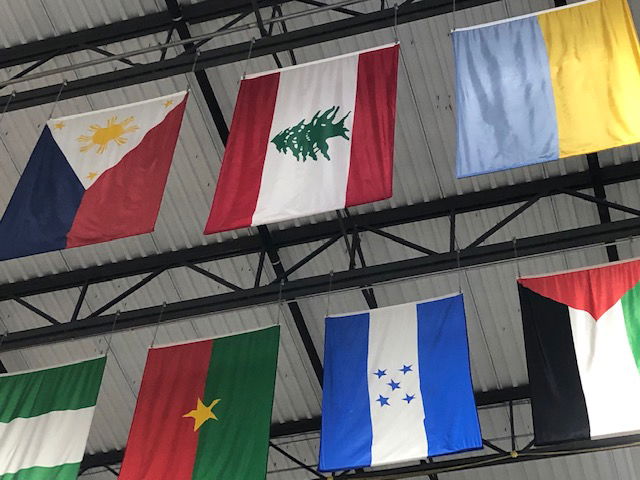
If you would like to make a donation to DR and its humanitarian efforts worldwide, click the following link: https://www.directrelief.org
